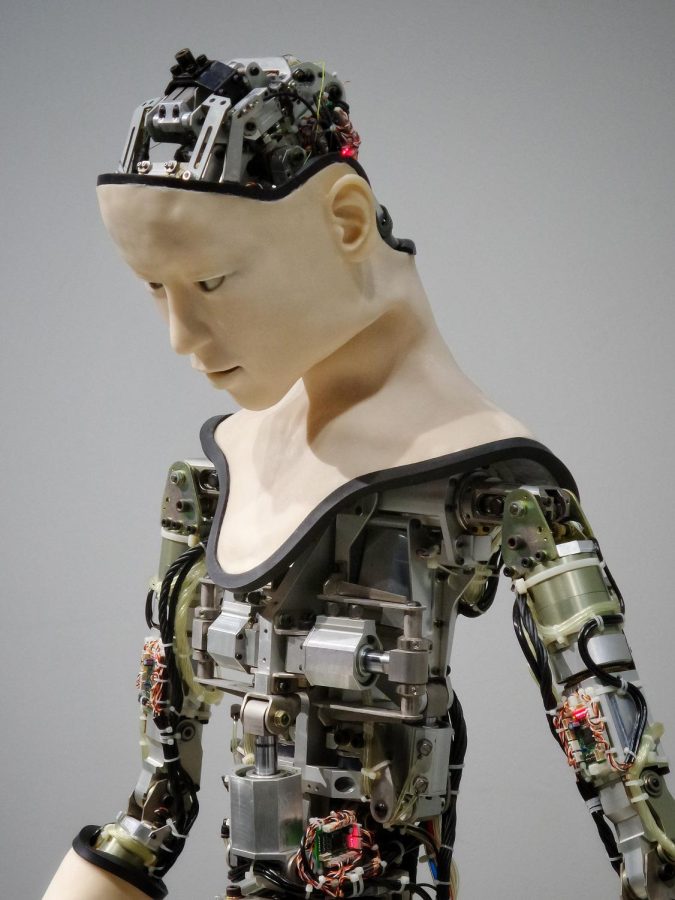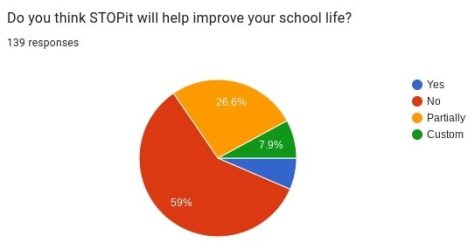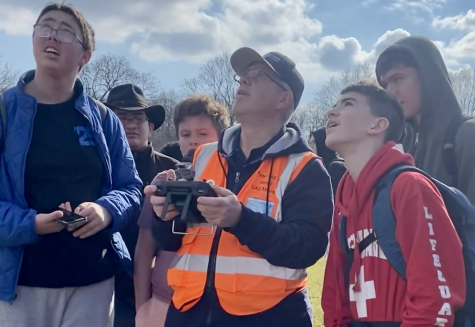Debate Intensifies Over A.I.’s Pros, Cons
With the development of artificial intelligence (A.I.), technology is changing the world, and it may not be a positive development.
A.I.’s effect on everything from education to the economy to American society is highly debated in the media and in academic institutions, including right here at Warren Hills.
A.I. can be helpful in completing everyday tasks by making processes more efficient. For example, one A.I. product is capable of listening in on meetings, and producing detailed notes afterward.
In the world of business, a Forbes magazine article, “7 Successful Ways to Use Artificial Intelligence to Improve Your Business Processes,” argues that A.I. is already making “business more efficient, more streamlined, more cost-effective, and better able to cope with changing market needs.”
However, other experts point out that A.I. harbors the ability to take away jobs.
Another major concern is how A.I. will affect education.
One camp claims A.I. can help students learn better and faster, especially students with special needs.
Honors English and Advanced Placement U.S. History Teacher Jesse O’Neil thinks that A.I. has potential for an overall positive effect.
“I’ve read some ideas that students can use A.I. to enhance an English class and look for ideas,” O’Neil said.
Others note that a potential dark side lurks for A.I. in education. Students already can avoid performing actual work by using A.I. generators, like ChatGPT, to write assignments. This can rob students of the ability to write their own essays, and it may negate the point of having to learn how to write.
Students could also lose the ability to think critically by relying too heavily on A.I. There is also no way for a teacher to know if an essay was written by A.I., because A.I. is currently untraceable.
Some Warren Hills students were recently exposed to A.I. by Honors U.S. History Teacher Patrick O’Brien, who introduced his students to ChatGPT.
“I knew you guys [students] would hear about it anyway,” O’Brien said. “I wanted you guys to know that I knew.”
O’Brien said that he is worried about the possibility of students completing assignments using A.I.
“Depending on the reaction, it could go one way or another,” O’Brien said. “It also depends on the student and whether or not they want to rely too much on A.I. It has a lot of potential for positivity, but it needs to be smarter first, because it makes mistakes.”






